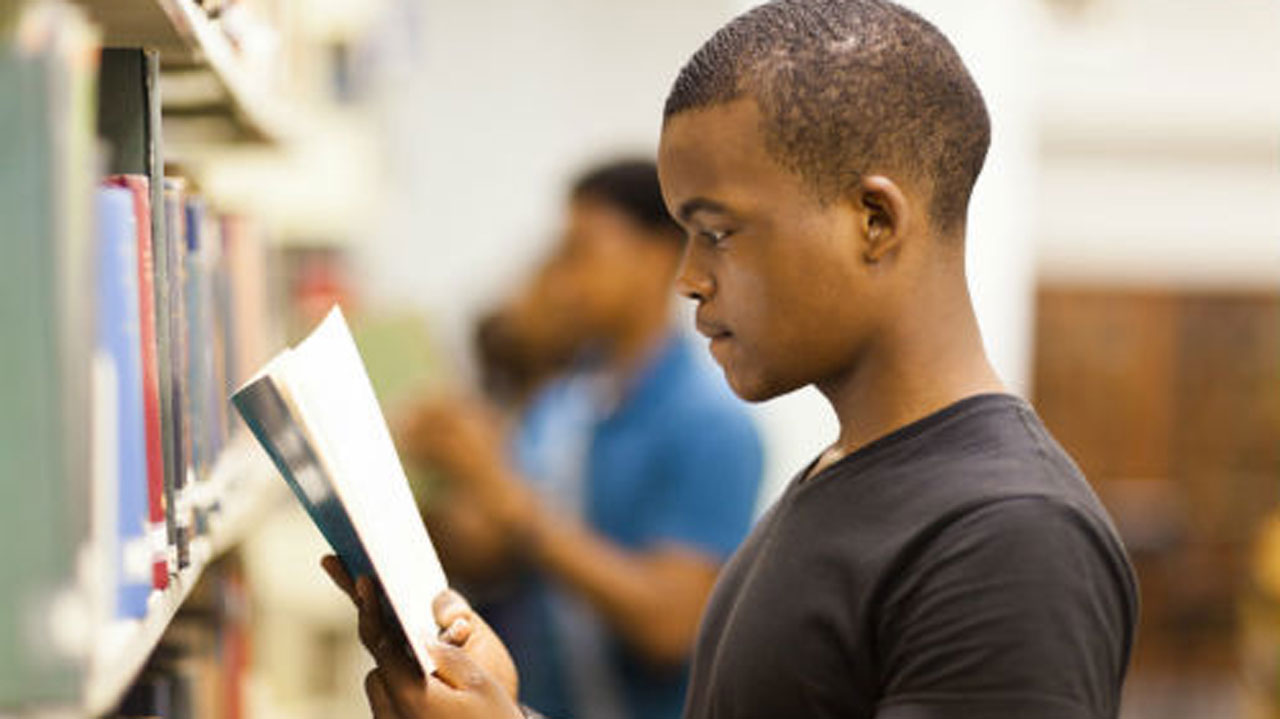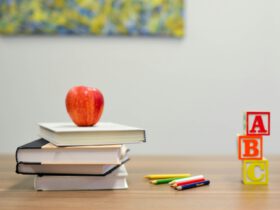Though literacy is today a wide subject that transcends its traditional definition as “the ability to read and write”, it is in this basic or dictionary sense that it is used in this article. This is even so as it is this ability to read and write that we have most as literacy in Nigeria. For instance, not many people are aware that literacy, according to the United Nations Educational, Scientific and Cultural Organisation (UNESCO), is the “ability to identify, understand, interpret, create, communicate and compute, using printed and written materials associated with varying contexts.”
Based on the statistics of the Federal Ministry of Education in 2019, about 70 million Nigerians, who constitute some 30% of the national population, are still illiterate or unable to read and write. It appears Nigeria has gone a long way, relatively speaking, from the 51.8% literacy rate recorded in 2008 to about 70% literacy rate in 2019.
Actually, more people attend schools and more schools and tertiary institutions are established on a daily basis than before, with each of them with its own target catchment population. In many of these schools, what goes on there is elementary or advanced literacy, not actual education.
In other words, despite the proliferation of schools that offer literacy, the irony of the Nigerian situation is that education is taking the back seat. We live in an age where lawyers drive without driver’s licence, where doctors smoke, where accountants do not have personal budgets and where traditional rulers struggle with their own native languages though they are the custodians of culture, where teachers aid and abet cheating and where law enforcement agents pervert the course of justice. Everyone goes to school but only an infinitesimal number gets educated. We are in trouble!
That schooling is not synonymous with education is a truism that had long been established by Mark Twain, who said, “I have never let my schooling interfere with my education.” In this sense, schooling is one thing, education is another thing entirely.
The reality of Nigeria is that millions of her citizens are only literate, with certificates and diplomas or ID cards of various institutions to show for it. They are so literate that they follow the trends in the traditional and new media and they comment on developments as they arise on many occasions without insight or knowledge. The outcome is that it is little or zero education in the literate millions that we parade and that is where we are still where we are. How does a person get educated?
Education is the process of giving the body and soul all the beauty and perfection of which they are capable of, according to Plato. To the Greeks, education was aimed at reforming character and purifying the mind so that the educated one would always evince positivity and decency. In fact, the essence of education among the Greeks was to make its recipient an arête, meaning a complete man, which the English call a perfect gentleman.
For many Nigerians, however, the goal of education is to speak a foreign language and get a good job. Education has been limited to an object, a means to a material end. Whereas, education is ordinarily expected to inform the mind, reform character and transform the society peacefully and positively.
Without an iota of doubt, education is wasted in whoever is not a complete man or perfect gentleman, as envisioned by the Greek originators of Western education. Education is lost in those who heat up the polity with tirade and tantrums based on their religious bigotry, ethnic jingoism and political bias. Education is absent in those who abuse the public space to cause confusion or promote hatred. They belong to the category of those who are literate but have no education in the true sense of it.
It was the manifestation of literacy without education that would make people lie as a result of the identity of an alleged bomber in Kaduna the other day. It is the prevalence of literacy without education that would make people ascribe religion to crime. There are criminals across races, cultures and religions. They should bear their surnames. There are black sheep and bad eggs in every community, religious, cultural, political or otherwise. It is failure of education to be fixated on negativity that is pervasive in the Nigerian public discourse.
Enough of average or advanced literacy in Nigeria! The way forward is actual education that is evident in character: our actions, reactions, interactions and transactions.






Leave a Reply